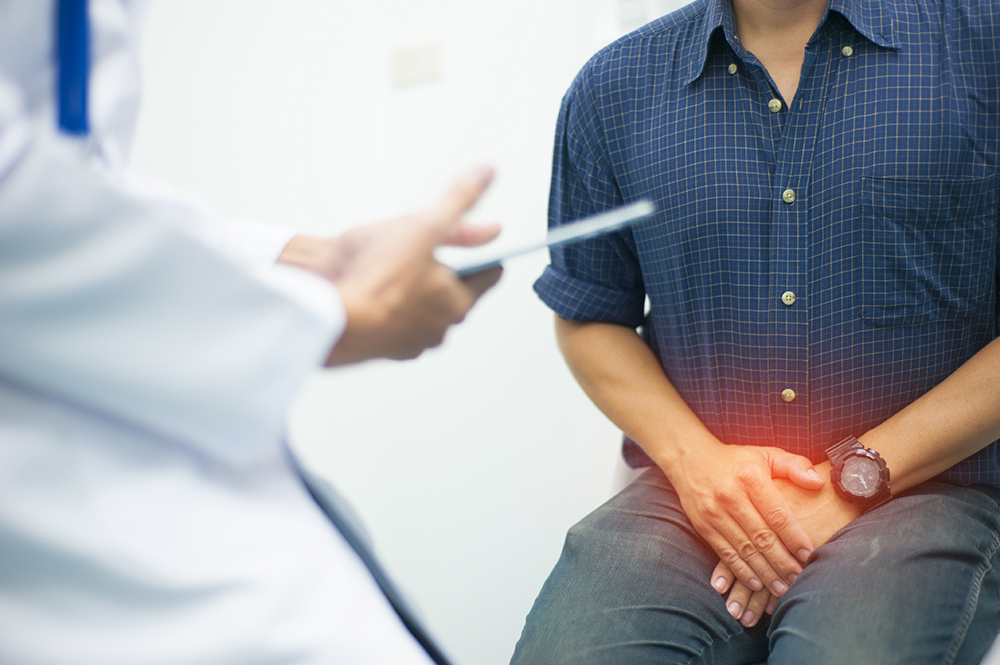STD diagnosis and treatment
What are STDs?
Sexually transmitted diseases (STDs) are infectious diseases acquired mainly through sexual contact with an infected partner. STDs can be contracted during vaginal, oral or anal sex or by contact with body surfaces. The most common STDs are: gonorrhoea, trichomoniasis, chlamydiosis, ureaplasmosis, mycoplasmosis, syphilis. HIV, herpes, certain skin and parasitic diseases can also be acquired through sexual contact.

What are the signs of an STD?
The disease can manifest itself in different ways: slight discomfort in the genitals, discharge, pain in the genitals and lower abdomen, various types of rashes and sores. If STDs are left untreated, the symptoms may decrease or even disappear, but the disease remains - it does not go away. It is infectious, can infect your partner and can pose an even more serious threat to your health.
STD diagnosis
For STD treatment to be effective, patients should see a specialist - a dermatovenereologist - in time. There is no universal STD test. Diagnosis of STDs involves examination of the patient, and, if necessary, tests from the urinary tract, genital tract, urinalysis, blood tests, etc. After the diagnosis is clarified, appropriate therapy is prescribed. At the end of the course of treatment, repeat tests are needed to check that the treatment has been successful. It is also recommended to see a specialist for preventive purposes.
STD treatment
The treatment plan for STDs is determined by a specialist dermatovenerologist after an examination. The type of treatment depends on the type of disease. STDs are treated surgically, chemically (e.g. HPV warts), with hygiene therapy, or with medicine (e.g. antibiotic) therapy. Some STDs (HIV/AIDS) do not have an effective treatment or vaccine.
